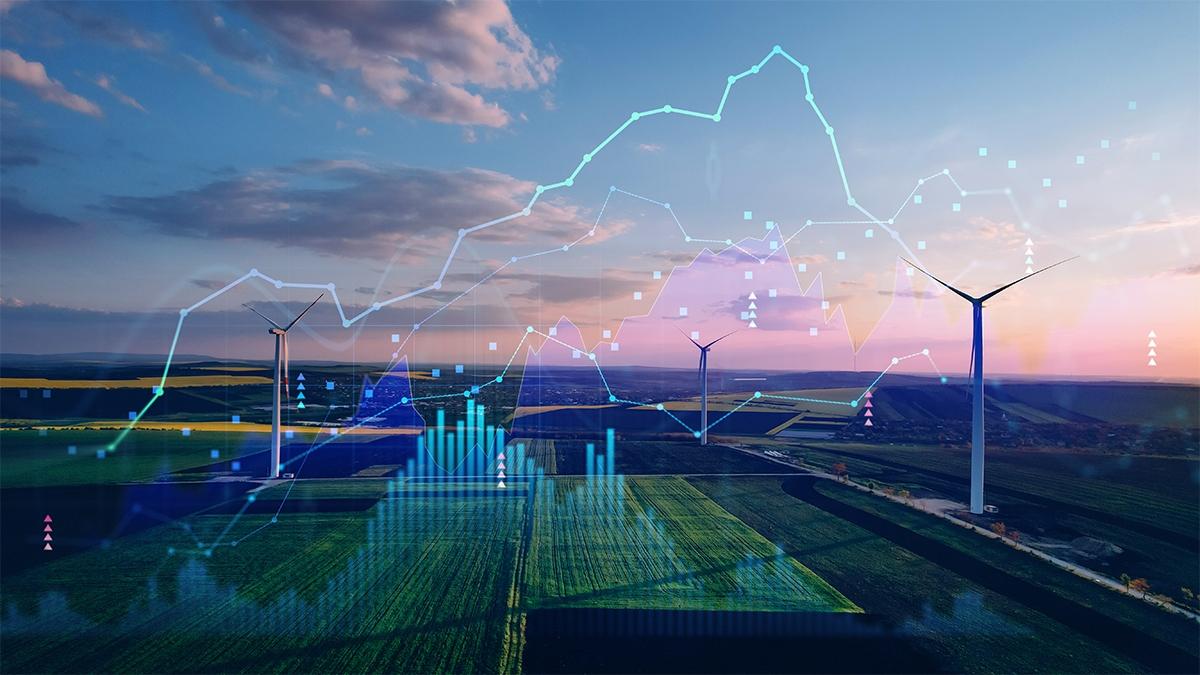
Hail up to 13 cm in Brisbane
- Dec 30 2025
- /
- 97

On your electricity bill you will see Supply Charges (Daily Supply) and Usage Charges (General Usage). In the simplest of bills these two charges combined make up your electricity bill in the case of a Flat Rate Tariff. Rates are based on the distribution network. There are two main electricity distributors in Queensland. Energex and Ergon. Each is responsible for a specific geographic area. There are several factors that can affect the average electricity costs per kWh. These include the cost of generation, transmission, and distribution.
Supply charges are what you will need to pay every day, just to remain connected to the electricity grid.
Usage charges are what you actually pay for the power you use.
In the example below we see where the electricity tariffs have changed mid bill.

These tariffs are time based charges and generally available to those with solar power or an electronic meter.
1 Someone that uses power in times of peak demand (typically and subject to change, between 6.00am – 9.00am and 4.00pm – 10.00pm) will attract a higher electricity rate typically 33 – 35 cents per kWh as the electricity providers may have to purchase power from other suppliers to cope with demand.
2 Off peak would be all generally between 11.00pm and 6.00am. Typically 17 – 20 cents per kWh Again subject to network demand and changing daily. The cost per kWh is significantly lower than peak.
3 Shoulder would generally be all other times including the weekend. These times change continuously with the network demand. The cost per kWh is generally slightly less than peak.
According to Canstarblue "Smart meters record electricity usage (per kWh) every 30 minutes and send this information to your electricity retailer for billing."
Smart Meters allow your electricity retailer to charge for flexible rate tariffs instead of flat rate tariffs.
"Metering and connection fees are considerably lower with smart meters. Traditional meters require a meter reader to read and connect the meter, however this can all be done remotely with smart meters."
canstarblue.com.au










Check out our amazing 9 STAR QUALITY GUARANTEE